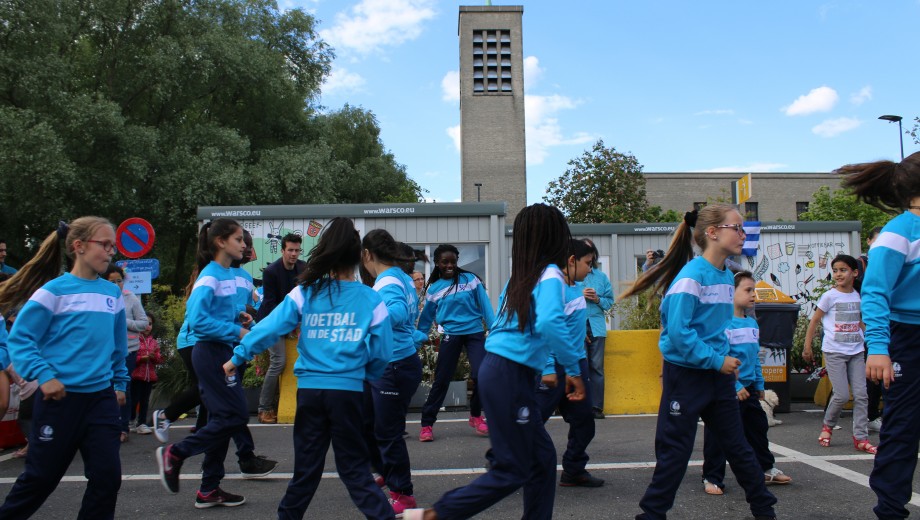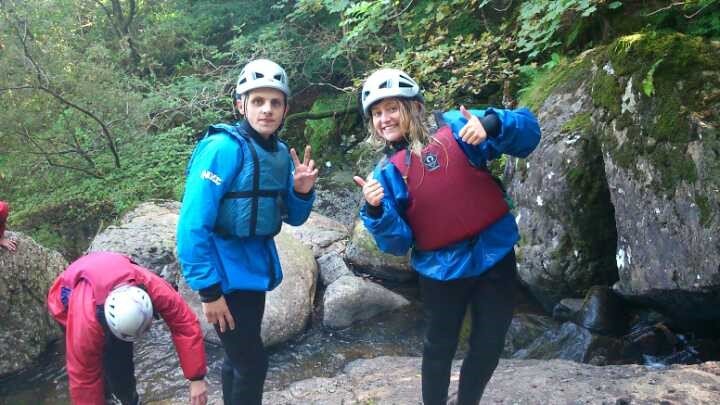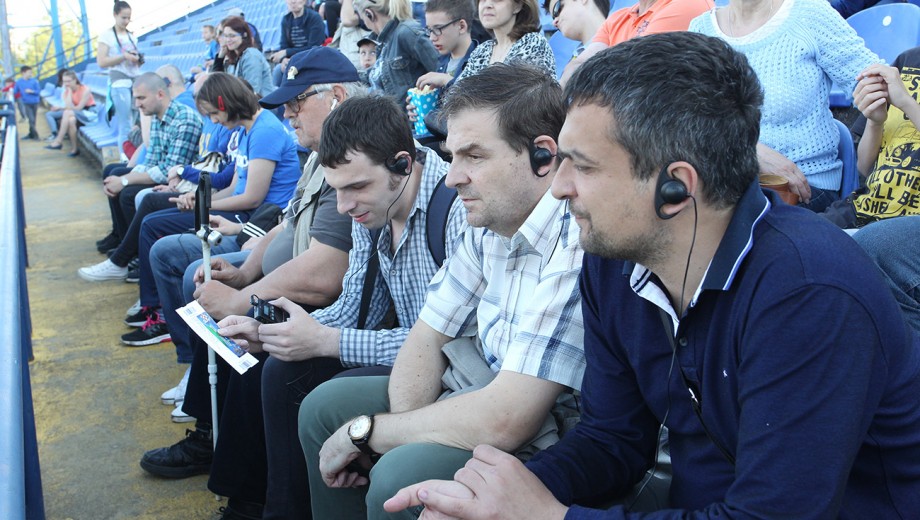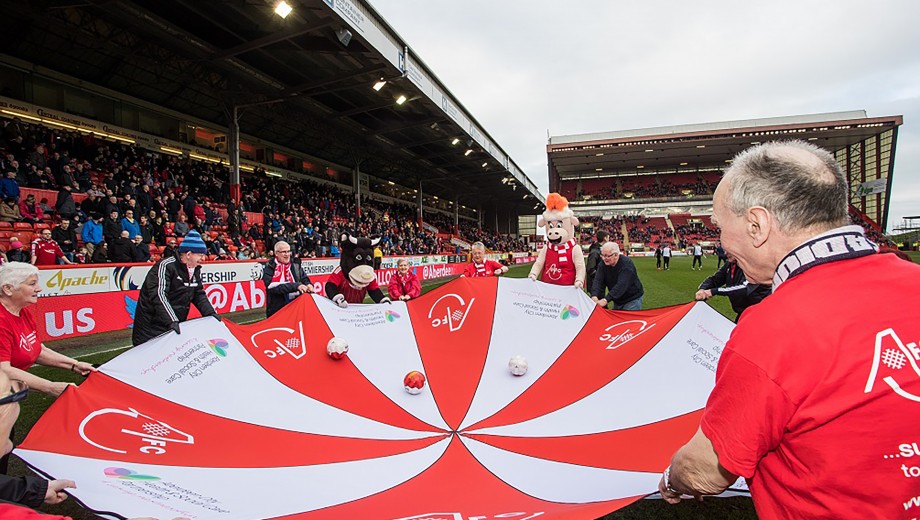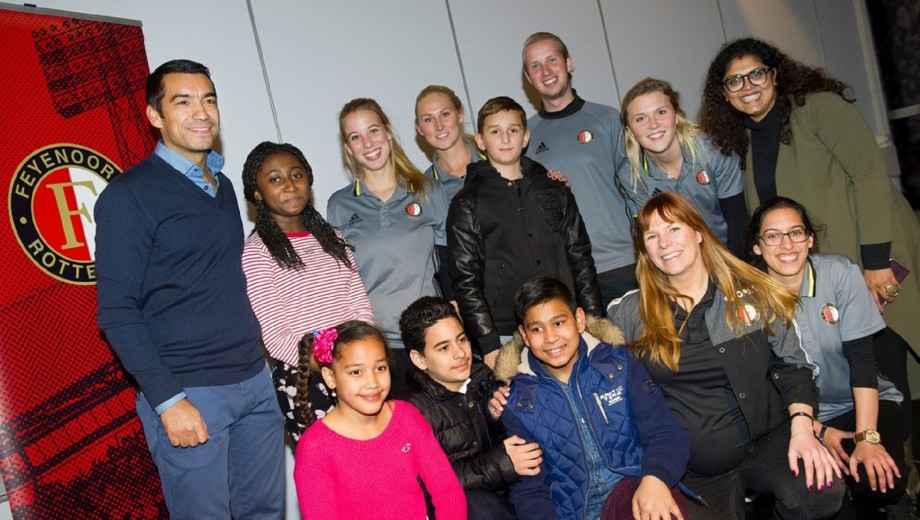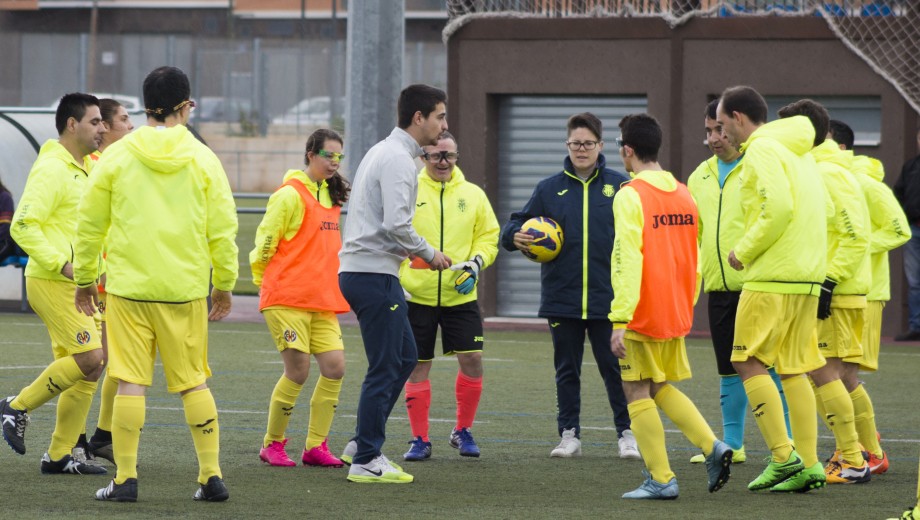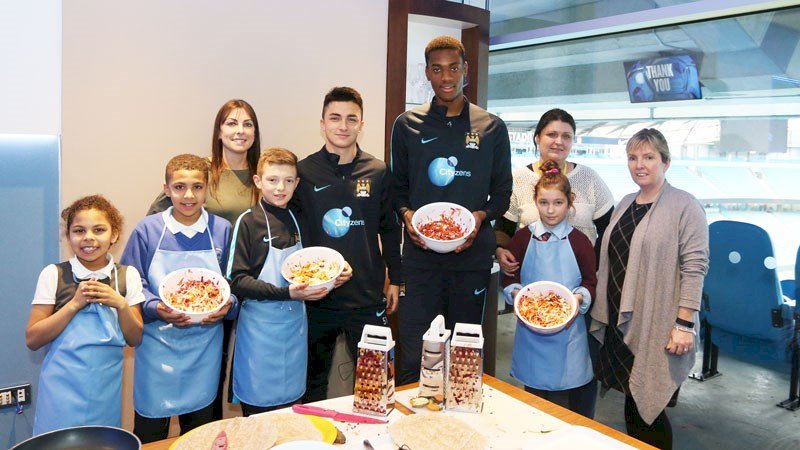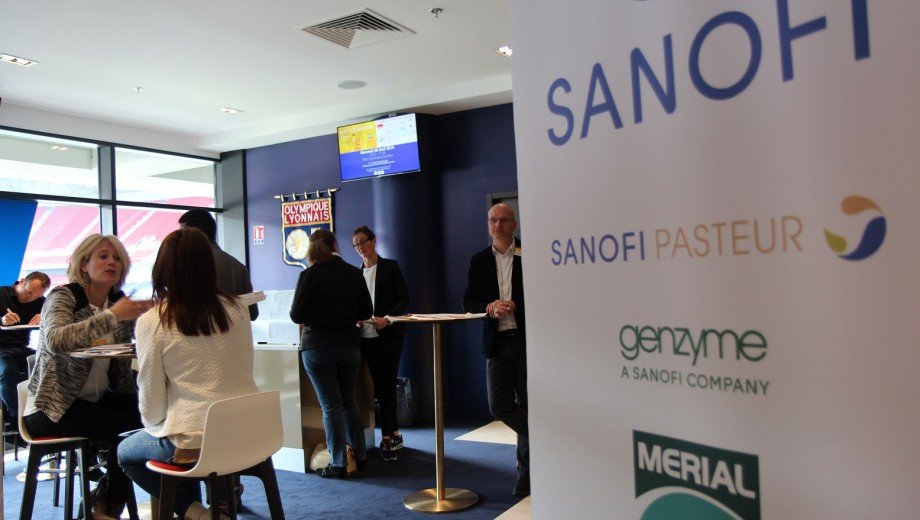ECA CSR Awards 2017 – These are the 9 shortlisted projects!
Yesterday, the ECA published the shortlisted projects for the ECA CSR Awards 2017.
The ECA Awards 2017 will go to the Best Community & Social Responsibility Programme. All ECA Member Clubs had been invited to apply for the Awards, regardless of club size and CSR budget.
The official winner of the ECA CSR Awards will be announced during the official dinner at the 19th ECA General Assembly in Geneva, on 4th of September 2017.
Last year’s winner was EFDN member PSV Eindhoven, as ECA recognised the fantastic work of the club by delivering the project “PSV United”.
EFDN is especially proud to communicate that 5 EFDN members are represented on this year’s shortlist; KAA Gent, Everton FC, FC Internazionale Milano, Feyenoord Rotterdam and Aberdeen FC.
The following days, we will present each of the projects in detail, highlighting the fantastic work of the clubs.
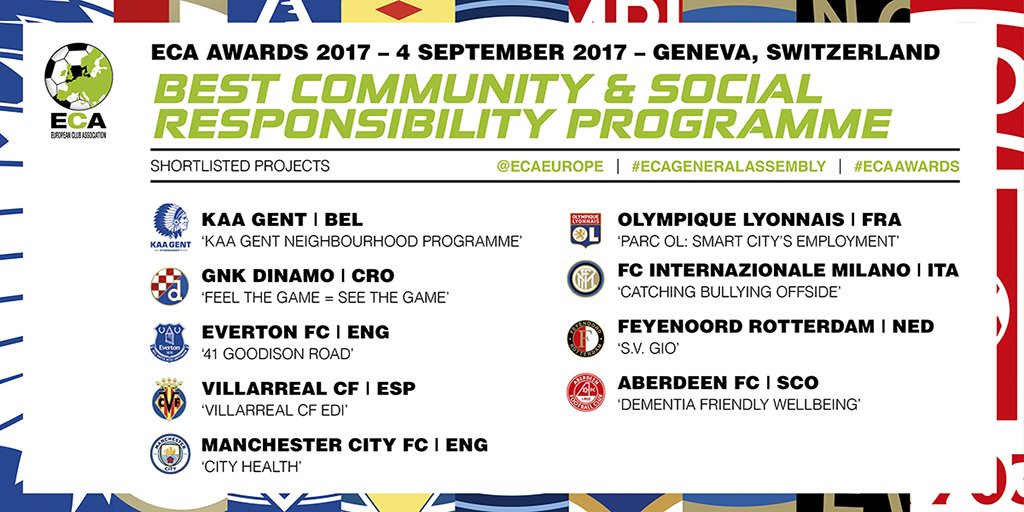
KAA Gent, Belgium
“KAA Gent Neighbourhood Programme”
With the KAA Gent Neighbourhood programme the professional football club and the KAA Gent Foundation want to invest in the formation of sustainable activities and organisations in the economically disadvantaged neighbourhood of the KAA Gent stadium. The KAA Gent Neighbourhood programme contains five main action points to strengthen self-esteem and citizenship values. The Community Hub ”Bij Pino”, the Buffalo Cup, Buffalo League, Buffalo Dance Academy and HT Gantoise Legends are initiatives, through which the club and foundation express their dedication to the neighbourhood and tackle social issues.
Everton FC, England
“41 Goodison Road”
41 Goodison Road is a house that provides a unique home-like environment for young people to have a safe place, where they develop their skills, access education and employment opportunities.
It houses two main programmes Safe Hands and Breathing Space to provide a ‘Young Persons Offer’ and vital “front door” to knock at, in a crisis. Safe Hands is focused on reducing crime in Liverpool by stopping those young people aged 10-19 years re-offending when released from young offender institutes. Breathing Space engages and inspires those young people at risk of entering the care system or existing looked after young people aged 14-19.
Both programmes offer a significant importance to tackling high levels of crime and youth unemployment.
“This is my home, this is my family. Everton have helped me through the toughest times of my life, where I’ve been rock bottom and haven’t been able to break out of the situation I was in…. everything they run is amazing, they change so many lives.”
Inter Milan
“Catching Bullying Offside”
In partnership, the club organises a bullying and cyberbullying prevention course for teachers in Milan.
The initiative focuses on classes with students aged between 10 and 15 and a selection of teachers, representing all the schools involved. The participants are attend a training course, where they learn from specialised trainers. Teachers that completed the first training course become ‘senior coaches’ and conduct class sessions in the schools, in agreement with the head teacher.
Feyenoord Rotterdam, Netherlands
“S.V. Gio”
S.V. GIO focuses on giving children a better chance for a successful future.
The 20 week programme consists of 20 lessons, which children attend at Feyenoord’s stadium. The lessons are divided in physical activity and school education. In all lessons, the programme uses the relation to the football club as a motivational tool. During the physical activity sessions, the children are becoming familiar with different kinds of sports with the goal of stimulating a lasting interest in sports. Through the programme the children are encouraged to set small and achievable goals, leading to an increased self-esteem and confidence. Next to the children, their parents are actively involved in the programme through following thematic workshops.
Aberdeen FC, Scotland
“Dementia Friendly Wellbeing”
Aberdeen FC looks to support all demographics of the communities of the North East, especially the elderly, who are often left isolated and neglected.
Entering year 3 of the project, Aberdeen FC has significantly increased the quantity and quality of Dementia Friendly activity sessions on offer across the North East of Scotland. Before this project, there was no collaborative approach to offering Dementia Friendly activity sessions. This partnership works with organisations from across the three sectors to ensure those living with dementia could take part in meaningful activity despite the diagnosis. These sessions are not ‘dementia only’ but dementia friendly. This means that people living with dementia are involved in the local community, and supported to do so with staff and members of the public understanding of the challenges being faced.
Prior to this project, Aberdeen FC engaged with 21 people living with dementia or carers. Now, through this project, Aberdeen FC directly engage with and support 200+ people living with dementia or Carers weekly.
Villarreal CF, Spain
“Villarreal CF EDI Intellectuales”– School for the Intellectually Disabled
Intellectually disabled people in this region do not have many options to participate in sport outside of the activities provided by their centres. This is one of the reasons why the EDI project was launched during the 2015/16 season. Until the 2016/2017 season, the club expanded the EDI family to three teams and four coaches, qualified in special education. Thereby, Villarreal CF went from having one Intellectually Disabled team to having a ‘School for the Intellectually Disabled’ (EDI). The school is integrated into the structure of the Academy. Therefore, the coaches receive weekly methodology training and the players train and compete just like any other player of the academy.
GNK Dinamo, Croatia
“Feel the Game = See the Game ”
In cooperation with the city of Zagreb, Zagreb Association of Blind and AS company, Dinamo organised audio description for blind and visually impaired fans at the Maksimir stadium. Thereby, the club was able to integrate blind and visually impaired fans into the club and community. Additionally, the club raised awareness of obstacles that blind and visually impaired fans are facing on a daily basis.
Even though this is common practice for other great European and world clubs, it was a huge step and a special achievement for Dinamo. The main objective was reached. The club succeeded in giving their blind and visually impaired fans the feeling that their disability does not exist.
Olympique Lyonnaise
“Parc OL: The Smart City’s employment!”
Entrepreneurship is a permanent motivation for Olympique Lyonnais, since employment growth is seen as one of the main and current social problems in France.
Therefore, through owning a 100% privately funded stadium, the club decided to create on the clubs territory the “City of Social Innovation” with the goal of contributing to a local and economic sustainable development. The club thereby set its specific focus on employment by creating the Company’s Campus for Employment.
The Company’s Campus for Employment is an employment platform, established at the facilities, where all local actors dealing with recruiting problematics are welcome. The facilities were opened in September 2016.
Manchester City, England
“City Health”
The city of Manchester faces many social challenges, particularly around health. 25% of children entering primary school (aged 4 and up) are considered overweight and/or obese, with several factors including lifestyle, diet and activity key contributors to this growing statistic.
The two key programmes delivered as part of the City Health project include:
City Lifestyles – families are invited by their children’s primary school to take part in the six-week practical programme. City Lifestyles aims to improve parents’ awareness around the importance of shopping and cooking to enable them to feed their families nutritiously on tight financial and time restraints. Interactive cooking tasks and activities are undertaken by participants, while children are encouraged to explore and develop their creativity.
City Play – provides weekly fun and engaging sessions for two to five-year-olds. Focusing on a variety of different fundamental movements and skills (jumping, hopping, skipping and running), City Play enhances children’s coordination, stability and object control. The aim is to equip children with the skills to enjoy being physically active and lead a healthy lifestyle from a young age.

